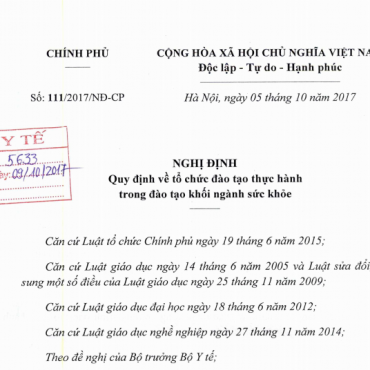|
|
|
|
|
Weekly Update
|
October 11, 2025 |
|
|
|
In this week’s JAMA+ AI Conversations, we are celebrating the one-year anniversary of JAMA+ AI!
How will 2026 shape the world of AI in health? JAMA+ AI Editor in Chief Roy Perlis, MD, MSc, and Associate Editor Yulin Hswen, ScD, MPH, discuss in this special episode marking one year since the launch of JAMA+ AI.
Will 2026 be the year of real-world evidence that AI can actually improve patient care? Will the major challenges in bringing AI to the clinic begin to succumb to a flood of investment?
Learn more and listen to the podcast.
Editor’s Picks in this week’s JAMA+ AI:
- JAMA recently issued a call for submissions on behalf of the 13 JAMA Network journals, inviting original research manuscripts that explore the application of AI in clinical settings. Submissions should emphasize rigorous methodologies and validation to support informed medical practice. Read the Editor’s Note: “Artificial Intelligence Across the JAMA Network: A Call for Submissions.”
- Model drift can reduce the reliability of clinical prediction models, particularly during health system disruptions. Regular monitoring and strong regulatory standards are essential to maintain accurate and effective model performance. Read this Invited Commentary published in JAMA Health Forum.
- Can we predict chronic kidney disease after cisplatin treatment? Findings published in JAMA Oncology suggest that cisplatin treatment is associated with a predictable decrease in the eGFR rate and that patients with lower baseline kidney function are most likely to develop chronic kidney disease.
|
|
EDITOR'S NOTE
JAMA
What Will Next Year Bring for AI in Health?
Roy Perlis, MD, MSc
JAMA
Artificial Intelligence Across the JAMA Network: A Call for Submissions
T. Y. Alvin Liu, MD; Yulin Hswen, ScD; Robert O. Bonow, MD, MS; et al
Invited Commentary
JAMA Health Forum
Understanding Model Drift and Its Impact on Health Care Policy
Andrew Wong, MD, MS; Jeremy B. Sussman, MD, MS
Original Investigation
JAMA Oncology
Predicting Chronic Kidney Disease After Cisplatin Treatment Using Population-Level Data
Robert C. Grant, MD, PhD; Jiang Chen He, MEng; Ning Liu, PhD; et al
AUDIO
 AI, Health Care, and What to Expect in 2026 AI, Health Care, and What to Expect in 2026
|
|
|
|
|
|
|
Thank you for subscribing to JAMA Network email alerts. This message was sent to buiduytam1@gmail.com by updates@email.jamanetwork.com.
To update your contact information, change your email preferences, or unsubscribe, click here.
To ensure you always receive JAMA Network emails, add the email address updates@email.jamanetwork.com to your address book.
To unsubscribe by mail, contact:
JAMA Network
AMA Plaza
330 N Wabash Ave
Chicago, IL 60611
Or call (800) 621-8335.
|
      |
|
©2025 American Medical Association. All rights reserved.
|
|
 |
|
Advertisement
|
|
|




















